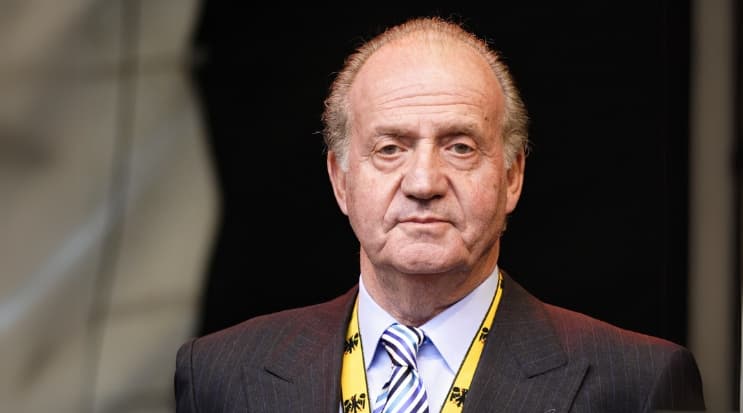
Spain’s Supreme Court Dismisses Tax Charges Against Former King Juan Carlos
Supreme Court ruling upholds prosecutorial exoneration despite public debate over judicial independence
In a significant international legal development, the Supreme Court of Spain has dismissed all charges of tax violations against former King Juan Carlos, reaffirming a 2022 prosecutorial decision to exonerate him. The ruling, delivered on May 6, 2025, puts an end to a long-running investigation that originated in 2020 and focused on alleged financial misconduct and undeclared income.
Judicial Review of Prosecutorial Power
The case was initiated by a collective of former jurists who challenged the 2022 decision by Spain’s Public Prosecutor’s Office, arguing that only a court—not a prosecutor—can legally clear someone of criminal liability. The Supreme Court rejected this claim, stating that the absence of new evidence rendered the prosecutor’s conclusion valid and legally binding.
The ruling underscores that agreements with public prosecutors in tax-related matters can be sufficient to exonerate individuals, even in high-profile cases. While this may streamline judicial processes and encourage cooperation, critics argue it risks weakening safeguards of judicial independence and oversight.
Background: Tax Investigation into Royal Finances
Former King Juan Carlos came under scrutiny in 2020 after prosecutors discovered discrepancies in his tax filings, particularly regarding:
-
Lavish gifts from Gulf monarchies
-
Personal travel funded by a Liechtenstein-based foundation
-
Failure to declare income adequately
To rectify the issue, Juan Carlos made a payment exceeding five million euros, regularizing his tax obligations. The case was subsequently dropped by the Public Prosecutor’s Office and reviewed by the Anti-Corruption Prosecutor’s Office, which did not reverse the decision.
Implications for Spain’s Legal System
This decision by the Supreme Court sets a legal precedent in Spain, signaling that once criminal liability is addressed via financial correction and the absence of ongoing evidence, judicial intervention may not be necessary. However, legal experts caution that it could be seen as a shift in the balance of power from the judiciary to prosecutors.
Notably, the court’s decision also reflects the passage of time—three years had elapsed since the prosecutor’s ruling, suggesting that a case with more recent facts might yield a different outcome.
Legal Analysis: A Broader European Context
This ruling arrives at a time when many European states are reviewing the limits of prosecutorial discretion. In the context of international news, Spain’s stance might influence how similar cases are treated in other jurisdictions where high-profile individuals are subject to financial misconduct investigations.
Conclusion: A Landmark Decision with Lingering Questions
While the Supreme Court of Spain has closed the case against former King Juan Carlos, the ruling continues to stir public and legal discourse about the role of courts, transparency in tax crime investigations, and the integrity of the judicial process. This outcome may become a benchmark for future tax violation cases, both in Spain and across the broader international legal community.
For any enquiries or information, contact info@thelawreporters.com or call us on +971 52 644 3004. Follow The Law Reporters on WhatsApp Channels